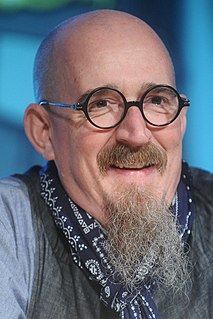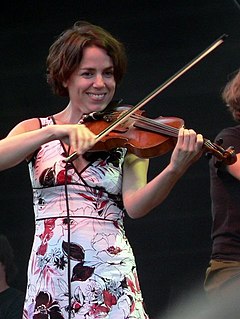A Quote by James Ellroy
I think the great unspoken theme in noir fiction is male self-pity. It pervades noir movies.
Related Quotes
Like art, love, and pornography, noir is hard to define, but you know it when you see it. For the purposes of the book and my longtime working understanding and definition of it, noir stories are bleak, existential, alienated, pessimistic tales about losers--people who are so morally challenged that they cannot help but bring about their own ruin.




































